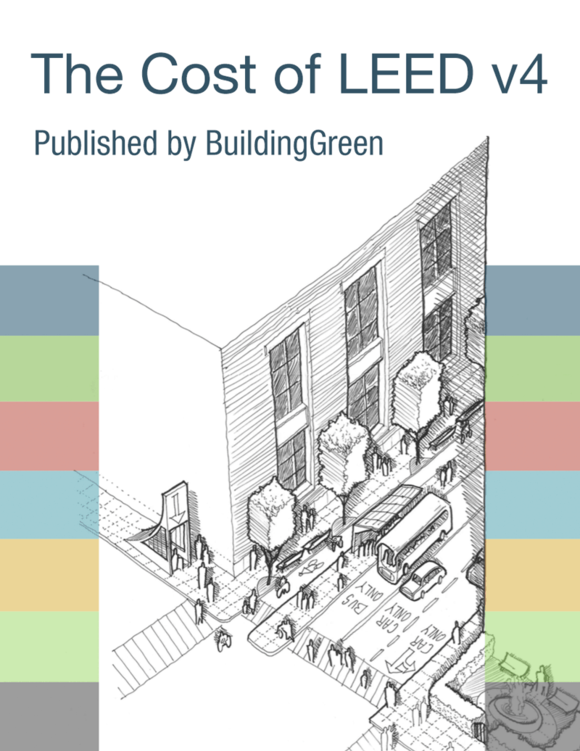Step 2. Review Local Code Against EPA CGP
Delete following clause in first bullet: "no additional ESC plan, as described below, is needed"
Step 4. Create ESC Plan
Delete the second sentence in the first bullet. Then replace the second bullet with: "Zero lot line projects and projects that cause no exterior site disturbance can instead develop a narrative that describes why no ESC plan is necessary for the site."



